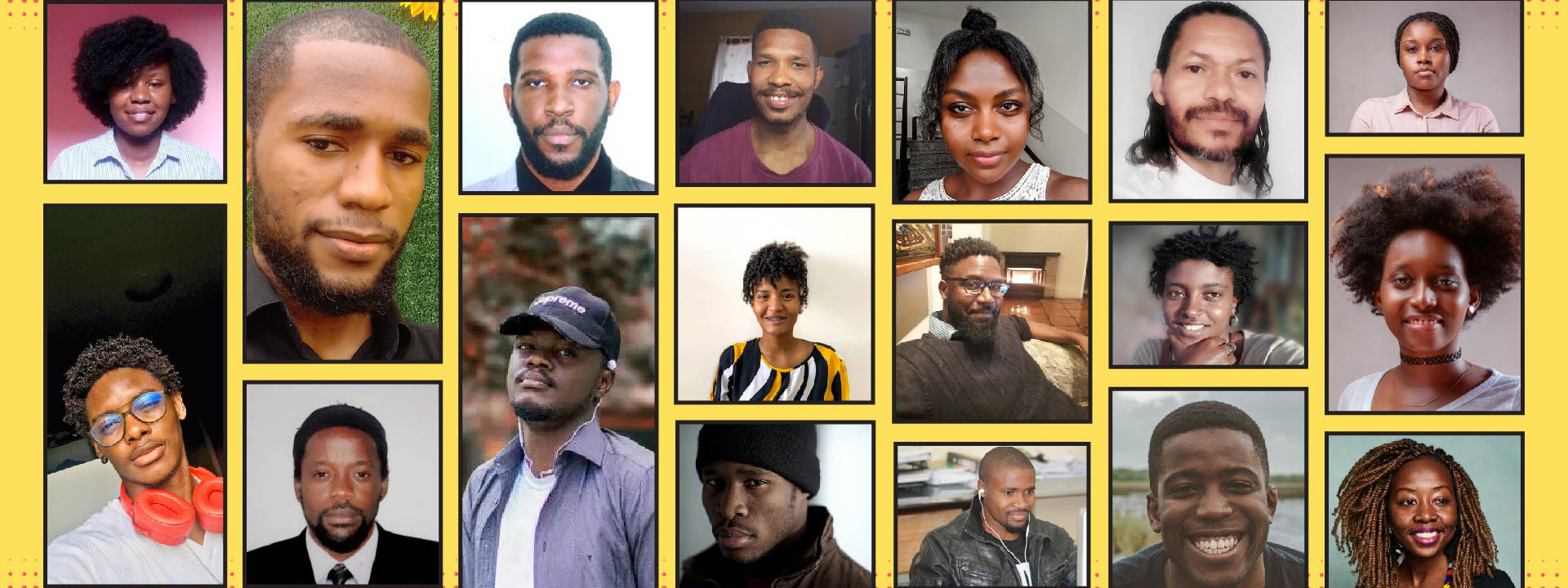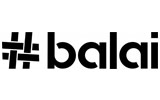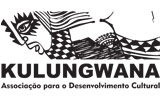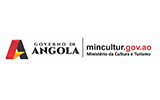The experience of the selected artists in the first edition of BDPalop
It took months of hard work and sleepless nights for the artists selected in the first BDPALOP contest (2021) to put all their dedication and creative energy into each page of their comic books. Now that the nine publications have gone through the printing presses, acquiring sharp strokes and vivid colors, they are about to hit the shelves of several bookstores in Angola, Cape Verde, Mozambique, Portugal and Brazil, taking significant steps to integrate, in the Portuguese-speaking market, the comics made in the PALOP.
Now that the works of the first contest are about to hit the bookstores, we thought it was time to interview the selected beneficiaries and find out what motivates them to create comics and how their creative process went throughout this contest. The beneficiaries of this first edition include Keila Pereira and Wilson Lopes, Domingos Silva and Coralie Silva, Edna Tavares and Heguinil Mendes, from Cape Verde, Luís Mateus and Simão Kusanica, Danilson Rodrigues and Nick Agostinho, Florinda Sakamanda and Hélder Simões, from Angola, Luís Ofice and Rajau de Carvalho, Darling Catar and Trisha Mamba, Eliana N’Zualo and Ique Langa, from Mozambique, having participated in the initiative as illustrators or screenwriters.
In the context of BDPALOP, Trisha Mamba, from Mozambique, reports that her perception of what it is to be an artist changed as she got more training opportunities and with her participation in BDPALOP: “For me, anyone who worked with illustration was an artist who sold paintings on the street, that’s what I thought, I never even saw it as an career I could pursue, until recently, about two, three years ago. […] I, for instance, already have a notion of how I can work with comics, how I can make a living out of comics. That means that if comics are going to be created locally, then there will be a representation of the stories, people will read more, the market will be richer, people will feel more identified, we will have more local stories illustrated, something that doesn’t exist at the moment.”
BDPALOP held master classes administered by comic book professionals in the fields of illustration, screenwriting, pagination, coloring, final art, and others, being one of the activities considered most relevant for the beneficiaries to establish themselves in area of arts and culture. Nick Agostinho, one of the Angolan beneficiaries, tells us about the impact the classes had on him as an artist, “At the beginning of the training, I was like ‘I don’t need training’. But even the fonts that you write in, I figured out which ones are contemporary and compelling. The angles of the images, I didn’t think about that. I learned to see beyond myself, I could no longer see myself as the owner of the work, I had to put myself in the place of the reader. The BDPALOP master classes were very, very important for me.” Now Simão Kusanica can make his work reach even further: “My goal is to really be a professional artist, to be able to reach a larger, international audience, you know? To be able to publish my stories in other countries, to make the national flag reach further, those are my goals as an artist”.
Coralie, from Cape Verde, told us that although there are comic contests in the country, they are not at the professional level of BDPALOP, adding that “BDPALOP will inspire new designers, it will make them wake up and want to do something innovative. It is a great opportunity to make my comics known in other countries and to reach more children with my stories, for me it is a dream come true”.
The second BDPALOP contest closed on April 17th for the jury to evaluate the applications, as usual from Mozambique, Angola and Cape Verde. The team received projects from creative duos and encouraged the participation of women who illustrate and write comics or have experience in similar areas. At a date yet to be announced, the results will be shared and the creative process of the nine selected artists will begin again, with mentoring and master classes during the creation of their works, in addition to the stipulated financial support. Year after year, we will see the shelves of more bookstores in the Lusophone world welcoming the BDPALOP collections, the long-term sustainability path traced by the initiative.



























